With his tired expression and his propensity to teach scientifically each of the experiments he realizes on his farm, Marc is a new-peasant somewhat atypical. He has indeed a researcher job in the area of forest management at the Autonomous University of Barcelona along with a full-time farmer activity on his “Planeses” farm.
At first glance, nothing destined Marc to become a farmer.
Not from an agricultural background, after long scientific studies, he plays a good career in teaching and research on themes linking forest management and environmental protection.
It is actually through his wife that he will start farming. A few years ago, she inherits a farm owned by her grandparents situated in the northern mountains of Catalonia and decides to start a community project of agriculture to revive this place. Marc is not yet fully involved in the project. She will try to carry out the ambitious project to successfully distribute 120 organic baskets weekly on 1.6 ha cultivated in gardening while assuming the education of their 15 year old son handicapped since birth. After two years, it is too much for her and Marc takes over full time to run the project along with other associates. It has been two years and Marc does not regret his choice. If he could, he would leave his second job to devote himself solely to the farming world for which he discovered his true passion. Unfortunately, he cannot due to his family and economic.
“Why the farmer should be so poor even though he is essential to take care of the earth, the environment and people’s health?”
Convinced that our social model is not viable in the long term, Marc and his partners have embarked on this project to be part of the solution by proving that a new model of small agro-ecological farm is possible. “Agriculture is the basis by which we must begin to change our society.”
Towards a new farm model !
The Planeses farm does not just practice organic farming, but “regenerative” agriculture based on a wide knowledge of the biology of the living soil and the environment to take care of the soil and of life. For this, they practice no-tillage, use Bokashi *, crop rotations and associations, green covers in winter, mulching, the manure nettle and others…
Planeses is building a new farm model that fits well with the new-peasants paradigm and gives solutions for societal and environmental challenges our world faces.
They have made the choice to develop a collective farm in order to allow 3 or 4 partners to make a living. Being several farmers on the same project is essential to allow each one to have some vacations (this is often an issue for the individual farms). Furthermore, each one can specialize on the task is the best at, this keeping in mind a global vision of all the whole value chain (which ranges from production to distribution through transformation).
Indeed, the new production model promoted by Planeses is based on a small to medium size farm capable of offering quality environmentally friendly products through direct selling of baskets ordered on internet and delivered directly to consumers’ homes. Aware that the consumer doesn’t only eat fruits and vegetables, they have chosen to diversify their offer. Thus they also offer organic chicken (reared in the farm), processed products (canned homemade dishes, dishes …) or certain delicatessens from local producers (honey, olive oil, wine …). This strategy aims to provide a real alternative to big supermarkets and to increase the price of the average basket to monetize home delivery system. This way, while an average basket composed exclusively of fruits and vegetables costs only 15 €, they can get up to 60 € with this diversification strategy.
A difficult journey despite the subsidies
“The installation, even on a small area inherited, is not easy.” Although they have received numerous aids (European subsidy for young farmers, subsidies for farm buildings, research grant), they are not yet in equilibrium.
Unfortunately, despite their ability to look for subsidies, they do not perceive the CAP because according to them, for a small area (4Ha), the sum to be recovered does not compensate for all the time spent to fill in the form they find too complex. This is also a problem faced by many small surfaces that do not benefit from the CAP while they are often those that are most in need.
In addition, some of the partners from the beginning have abandoned along the way. Planeses group is now looking for new partners who would look after the commercial side.
They now distribute sixty baskets on the target of 120 and are always deep in thought in order to increase the number of sold baskets and their average price.
Planeses website: planeses.cat
Advice for future new peasants:
“Use all the resources you have. Do not start a project fearing to fail, if it has to fail it will whether you’re afraid or not. If you think that the project can work do everything to make it work. If you need money, ask for it! (to your friends, your family, the State…)”
“When we see that things are not working, do not hesitate to ask for help from outside to make the big changes needed. Without this external support, it is very hard to stop when we head to the grindstone without losing customers. Without this, we only postpone the deadline. ”
“The ideal of a collective project is to work with entrepreneurs each managing a different part of the project.”
“For an agricultural project on small surface to work you have to be competitive. It is better to specialize in products in which you can be competitive compared to the foodindustry. “
* The Bokashi is a fertilizer obtained by the fermentation of organic material. It is a Japanese technique consisting among others to provide effective micro-organisms to nourish and restore the soil.
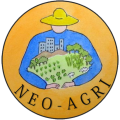
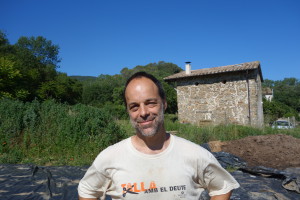
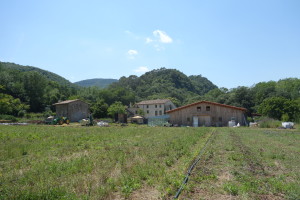
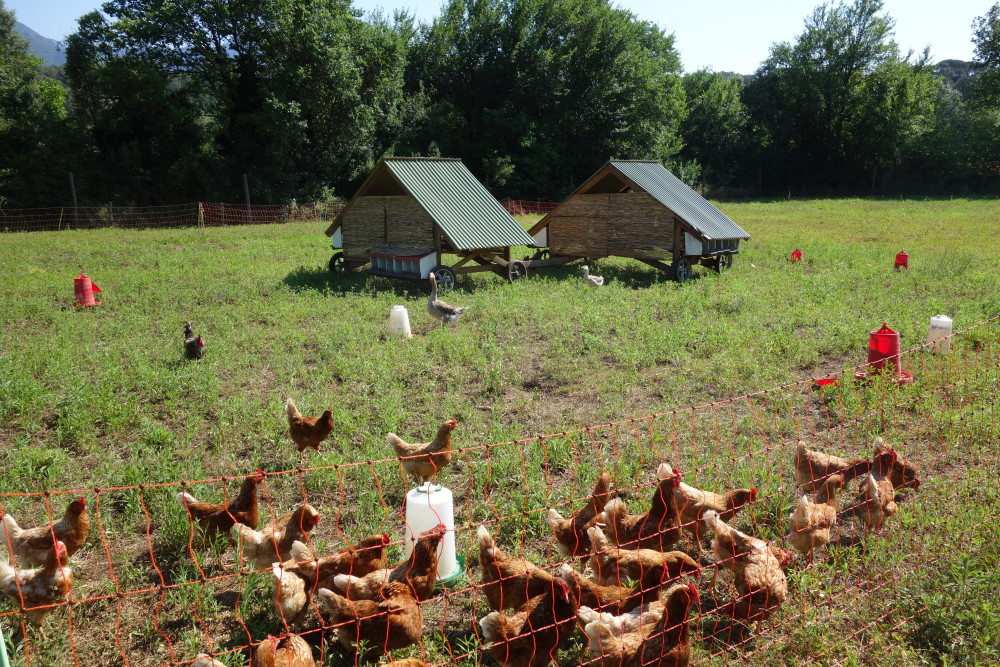
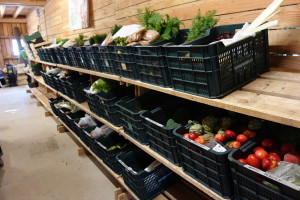
No Comments Yet